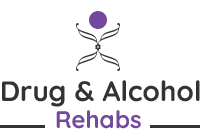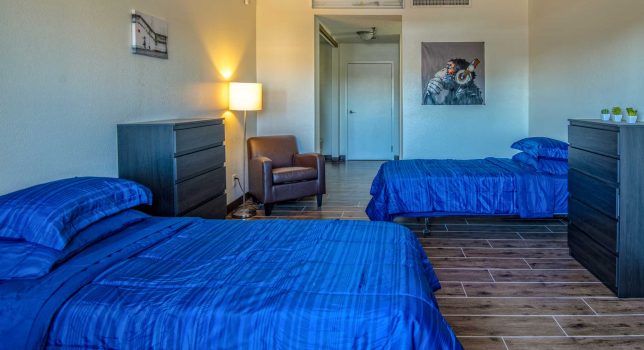Significant Benefits of Choosing Crossroads of Southern Nevada
Crossroads of Southern Nevada provides extensive medical detoxification and rehabilitation services to adult men and women with substance abuse disorders. Before the implementation of treatment programs, the intending client undergoes review at admission. This process takes approximately two hours with an hour each for medical assessment and comprehensive psychiatric assessment. Once the individual is found fit for any of the recovery plans, treatment commences upon admission. Recovery programs at Crossroads of Southern Nevada in Las Vegas, NV, include detoxification, therapeutic services, and outpatient treatment programs like partial hospitalization and intensive outpatient treatment.
Medical detox is the first step towards sobriety in cases of alcohol and drug addiction. It involves ridding the body of lingering residues from the substance misused under 24/7 medical supervision. This clinical monitoring is highly essential for two significant reasons. First, to observe withdrawal symptoms and manage them, and to have clinicians on standby if severe symptoms or effects develop. Withdrawal symptoms are managed and relieved through the administration of specific medications prescribed for this purpose. The length of detox is determined by the period of addiction, the intensity of dependence, and the individuals themselves. However, many clients at the center leave detox within five days and then transition to another treatment level as recommended. Licensed specialists at the center provide therapy and counseling. The focus of therapy is to identify and alter old habits and develop behavioral skills that cope with cravings. Counseling helps clients explore, discover, and rediscover good traits and assets about themselves to establish self-confidence and to prevent relapse.
Furthermore, dual diagnosis treatment caters to co-occurring addictions. It involves simultaneous treatment for both cases of substance abuse and the underlying mental health issue. These issues could be trauma, anxiety, or depression. The outpatient services constitute extended care, which continues after the client is no longer in residential treatment. Both partial hospitalization and intensive outpatient involve weekly programming with group therapy and individual psychotherapy sessions.


